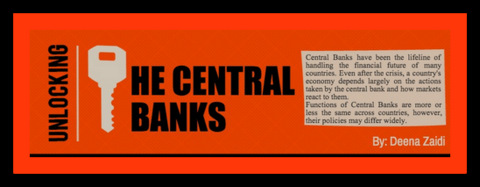By the end of 2014, Greece owed “troika”(European Central Bank, the International Monetary Fund and the European Commission) €253.3bn. In 2014, many talks were doing the rounds of a possible exit of Greece from the Eurozone. With snap elections in January 2015, Greece is again put on a spot. There is a lot of speculation as to how things could change for Greece in case radical left-wing party Syriza wins. Sunday Elections for Greece could either make or break the future of Greece depending how the elected government handles rising tensions between the troubled nation and its creditors, Eurozone government and IMF.



